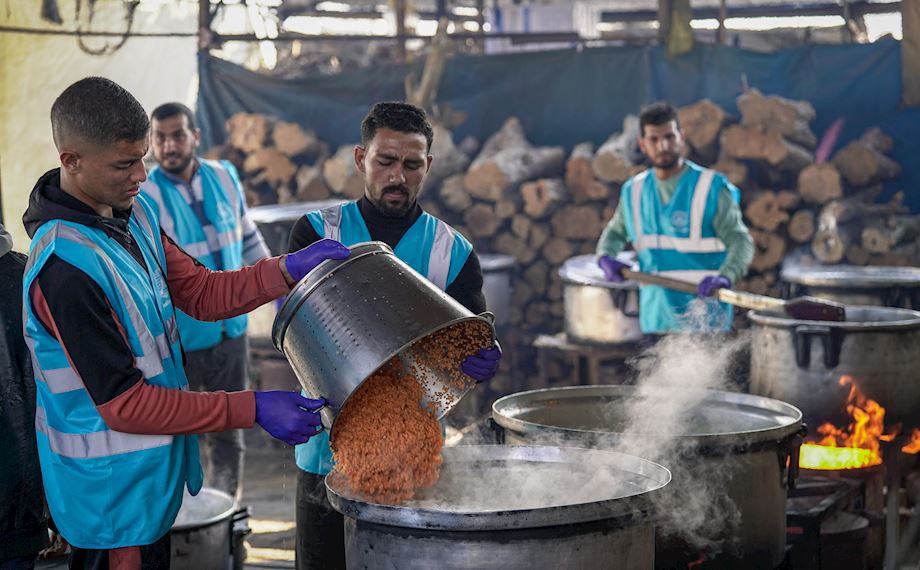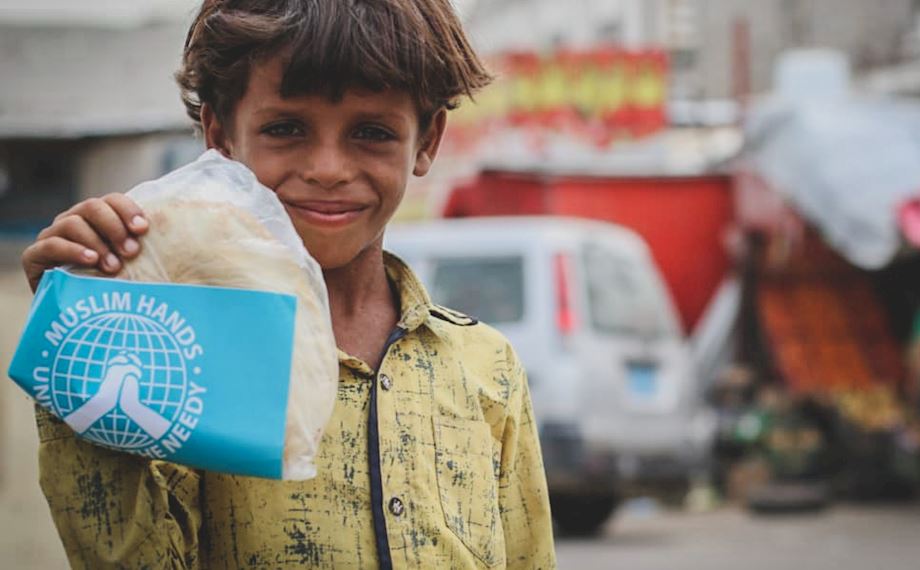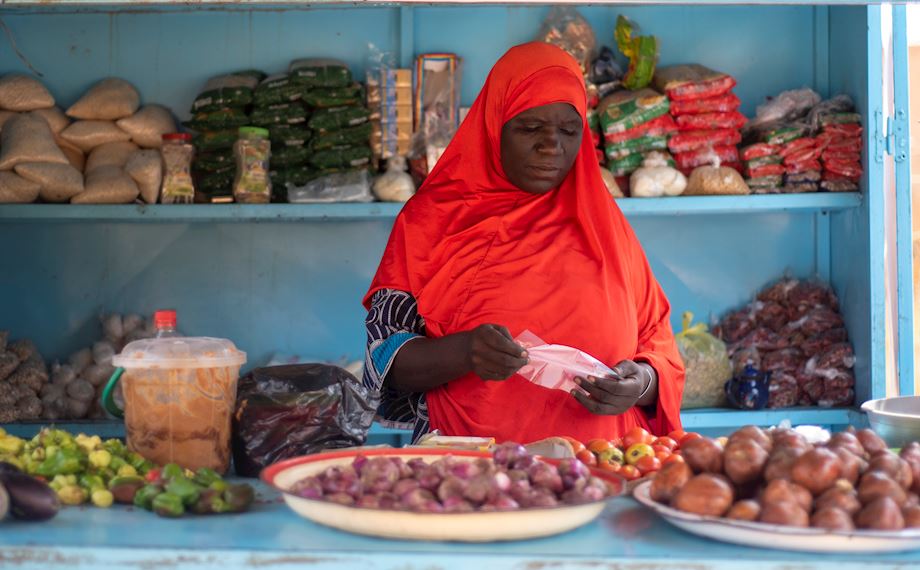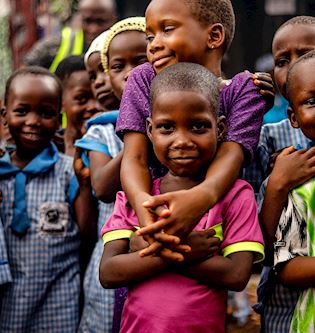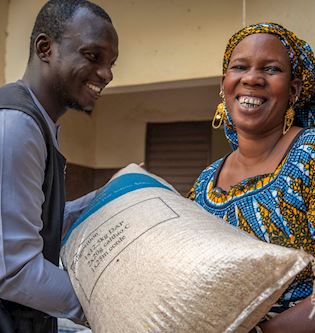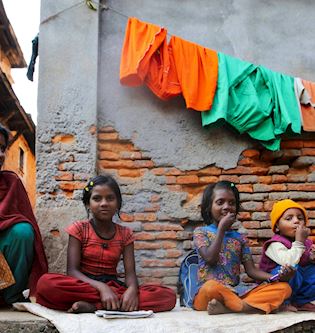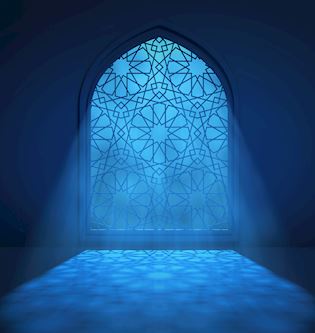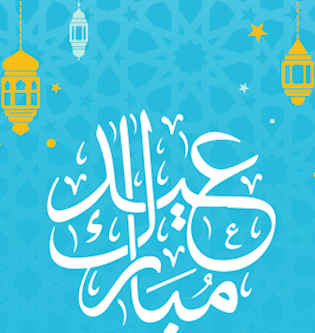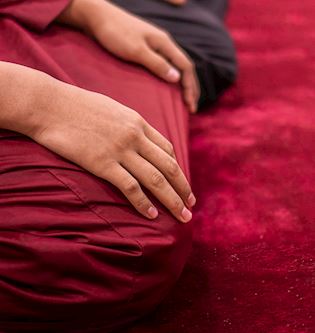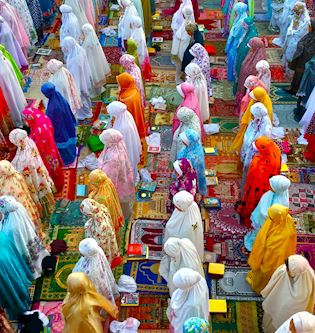Eid al-Adha 2025: Understanding the Significance of Qurbani/Udhiyah
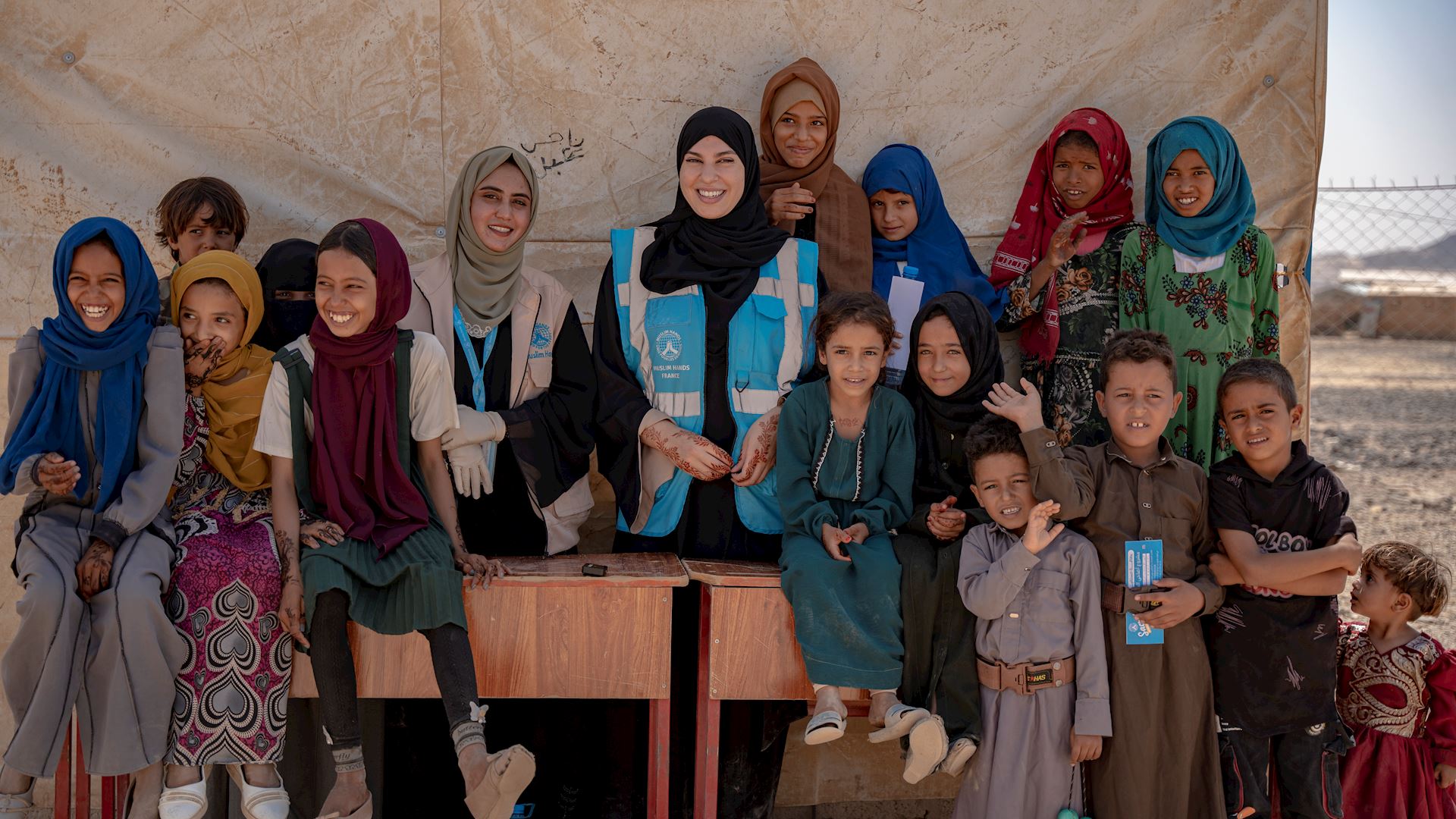
What is Eid al-Adha?
Eid al-Adha translates to the ‘Festival of Sacrifice’ in Arabic. It commemorates the event when Prophet Ibrahim (as) sacrificed his son, Prophet Ismail (as), in obedience to Allah’s (swt) command. As he was about to carry out the sacrifice, a ram took the place of Prophet Ismail (as). This Eid is one of the most important holidays for Muslims, as we are reminded of the loyalty and devotion of Prophet Ibrahim (as) towards Allah (swt).
When is Eid al-Adha?
Eid al-Adha takes place on the 10th of Dhu al-Hijjah, the last month of the Islamic lunar calendar. This Eid coincides with the Hajj pilgrimage. In 2025, Eid al-Adha is expected to take place on Monday, June 30. This date, however, may vary depending on the moon sighting.
What is Qurbani/Udhiyah?
The terms ‘Qurbani’ and 'Udhiyah' are used interchangeably and essentially, refer to the same process. The word Qurbani is rooted in Arabic but has Urdu and Persian roots, it translates to 'a sacrifice'. Udhiyah has Arabic origins and has a very similar meaning but specifically refers to the sacrificial animal offered during Eid al-Adha. During this holiday, animals including sheep, goats, cows or camels are slaughtered between the 10th to 12th day of Dhul-Hijjah. The meat from the animal is allocated to:
- A third to the poor
- A third to family, friends, and neighbours
- A third is kept for the household
Is Qurbani/Udhiyah compulsory?
Qurbani/Udhiyah is fard (mandatory) for individuals who meet the criteria highlighted below.
- An individual must have the financial means to contribute. This is based on the value of gold and silver. The wealth for Qurbani/Udhiyah is equivalent to 87.48 grams of gold or 61.36 grams of silver. Use the market value of these metals to determine whether you are required to make this contribution.
- An individual is an adult and is mentally sound.
Different schools of thought have varying opinions on whether Qurbani/Udhiyah is compulsory, however, the consensus is that it is considered a sunnah practice of our Prophet (saw). The perspectives of different schools of thought are outlined below:
The Hanafi School of Thought: Qurbani/Udhiyah is wajib and is considered compulsory.
The Shafi School of Thought: Qurbani/Udhiyah is a sunnah mu’akadah and is highly recommended, but not compulsory.
The Maliki and Hanbali School of Thought: Qurbani/Udhiyah can be both a sunnah mu’akadah and/or compulsory.
Regardless of the school of thought you follow, every Muslim believes in the immense virtues of offering a Qurbani/Udhiyah.
How many animals are required for Udhiyah/Qurbani?
Typically, one Qurbani/Udhiyah is offered for every family member, but some schools of thought don’t offer Qurbani/Udhiyah on behalf of babies and children so check with your Imam/religious scholar.
- One sheep or goat or a share in a larger animal, like a cow, equates to one Qurbani/Udhiyah.
- One cow equates to seven Qurbani/Udhiyah shares (One Qurbani/Udhiyah share equals 1/7th of the cow).
You can also choose to follow the sunnah of the Prophet (saw) and offer an extra animal for sacrifice. This is known as a Prophetic Qurbani. The Prophet (saw) gave an additional animal to needy Muslims who could not afford one.
“The Prophet (saw) sacrificed for the one who could not sacrifice from his Ummah, one who bore witness to the Oneness of Allah and [his] Prophethood.” (Tabarani & Ahmad)
When does the Qurbani/Udhiyah take place?
Qurbani/Udhiyah takes place after Eid al-Adha salah. If it is performed before Eid salah, this is counted as a Sadaqah, and you will still need to perform Qurbani/Udhiyah after the Eid prayer.
At Muslim Hands, we will process your contributions up until Eid morning and will facilitate the Qurbani/Udhiyah ritual. We will also distribute meat over the three days of Eid al-Adha.
Jundab bin Sufyan (ra) reported, “I witnessed the Prophet (saw) on the Day of Nahr (or Eid al-Adha day). He said, “Whoever slaughtered the sacrifice before offering the Eid prayer, should slaughter another sacrifice in its place; and whoever has not slaughtered their sacrifice yet should slaughter now.” (Bukhari)
What should I do if I missed a Qurbani/Udhiyah in the previous year(s)?
You can make up for any missed Qurbani/Udhiyah by either sacrificing an extra animal on the days of Eid al-Adha or donating the market value of the animal to the poor and needy. By remembering how many years you have missed, you will know how many animals you will either need to sacrifice or donate their value of. Our teams can assist you with both options.
When should I make my Qurbani/Udhiyah donation?
At Muslim Hands, you can make your you can make your Udhiya/Qurbani donations up to a month in advance. If you would like to give your Udhiya/Qurbani in a certain location, we advise you to make your donation as soon as possible.
What is the process of performing Qurbani/Udhiyah?
When making your donation, ensure that you provide the names of all those you are donating on behalf of. For example, one should say “Bismillah, Allahu Akbar. Oh Allah (swt), this is from You and for You on behalf of the name of donor(s).” After the sacrifice is made, one should say, “Oh Allah accept this from the name of donor(s).”
Note: It is strongly encouraged that the person who offers Qurbani/Udhiyah does not cut his hair or nails, starting from the first day of Dhul-Hijjah up until after the sacrifice.
The Prophet (saw) said, “When the ten days (of Dhul-Hijjah) start, and one of you intends to sacrifice, then let him not cut his hair or his nails.” (Muslim)
What is the cost of Qurbani/Udhiyah?
You can make your Qurbani/Udhiyah with Muslim Hands for as low as $65. The cost includes:
- Purchasing the animal. After thorough checks, animals are bought and sacrificed in your chosen location.
- Expenses associated with caring for the animal, so it is of the highest standard. This includes checks by a qualified veterinarian.
- Transportation/logistical costs to bring the animal to the slaughter location.
- Labour and other expenses of packing and distributing Qurbani/Udhiyah meat.
Can Qurbani/Udhiyah be performed on behalf of deceased family members?
It’s acceptable to perform Qurbani/Udhiyah on behalf of someone else, such as a departed relative. While offering Qurbani for our own family, we can also make the intention to include a departed loved one, so he or she can receive the reward too.
Can Qurbani/Udhiyah meat be distributed to non-Muslims?
It is permitted to distribute Qurbani/Udhiyah meat to non-Muslims, including relatives, neighbours, or those in need.
Where and when is Qurbani/Udhiyah distributed?
Our teams work closely with community leaders in India, Pakistan, Yemen, Somalia, Senegal, The Gambia, Niger, Mali, Turkey (Syrian refugees), and Lebanon to ensure your Qurbani/Udhiyah meat is distributed to those most in need during the three days of Eid Al-Adha.
What if I do not know which location to give my Qurbani/Udhiyah to?
If you are unsure about where to donate your Qurbani/Udhiyah, we provide the option to give to Where Most Needed so we can allocate your Qurbani/Udhiyah to locations where there is the greatest need.
If you have any further queries, please feel free to call us at (289) 722-7272, and speak to one of our donor relations specialists.





